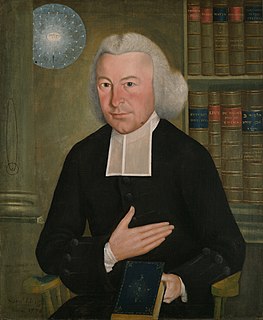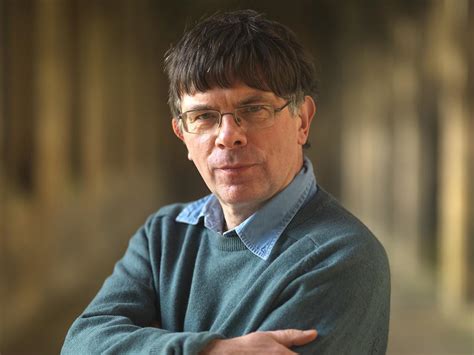A Quote by Hannah Arendt
It is in the very nature of things human that every act that has once made its appearance and has been recorded in the history of mankind stays with mankind as a potentiality long after its actuality has become a thing of the past.
Related Quotes
The introduction of the Christian religion into the world has produced an incalculable change in history. There had previously been only a history of nations--there is now a history of mankind; and the idea of an education of human nature as a whole.--an education the work of Jesus Christ Himself--is become like a compass for the historian, the key of history, and the hope of nations.
All the forms of civil polity have been tried by mankind, except one, and that seems to have been reserved in Providence to be realized in America. Most of the states, of all ages ...have been founded in rapacity, usurpation, and injustice; so that in the contests recorded in history ...the military history of all nations being but a description of the wars and invasions of the mutual robbers and devastators of the human race.
The diversity of mankind is a basic postulate of our knowledge of human beings. But if mankind is diverse and individuated, then how can anyone propose equality as an ideal? Every year, scholars hold Conferences on Equality and call for greater equality, and no one challenges the basic tenet. But what justification can equality find in the nature of man? If each individual is unique, how else can he be made 'equal' to others than by destroying most of what is human in him and reducing human society to the mindless uniformity of the ant heap?
What after all, has maintained the human race on this old globe despite all the calamities of nature and all the tragic failings of mankind, if not faith in new possibilities, and courage to advocate them. Doubtless many times these new possibilities were declared by a man who, quite unconscious of courage, bore the "sense of being an exile, a condemned criminal, a fugitive from mankind." Did every one so feel who, in order to travel on his own proper path had been obliged to leave the traditional highway?
We know only a single science, the science of history. History can be contemplated from two sides, it can be divided into the history of nature and the history of mankind. However, the two sides are not to be divided off; as long as men exist the history of nature and the history of men are mutually conditioned.
The revealed and mystic literature of mankind bears ample testimony to the fact that religious experience has been too enduring and dominant in the history of mankind to be rejected as mere illusion. There seems to be no reason, then, to accept the normal level of human experience as fact and reject its other levels as mystical and emotional.
The long history of mankind is studded with convergences, perhaps most notably in social systems and the use of artefacts and technology. But for human history, set in the arrow of time, there appears to be one intolerable stumbling-block. This is the catastrophic failure in human values and decency.
Good and wise men, in all ages, have embraced a very dissimilar theory. They have supposed that the deity, from the relations we stand in to himself and to each other, has constituted an eternal and immutable law, which is indispensably obligatory upon all mankind, prior to any human institution whatever. This is what is called the law of nature....Upon this law depend the natural rights of mankind.







































